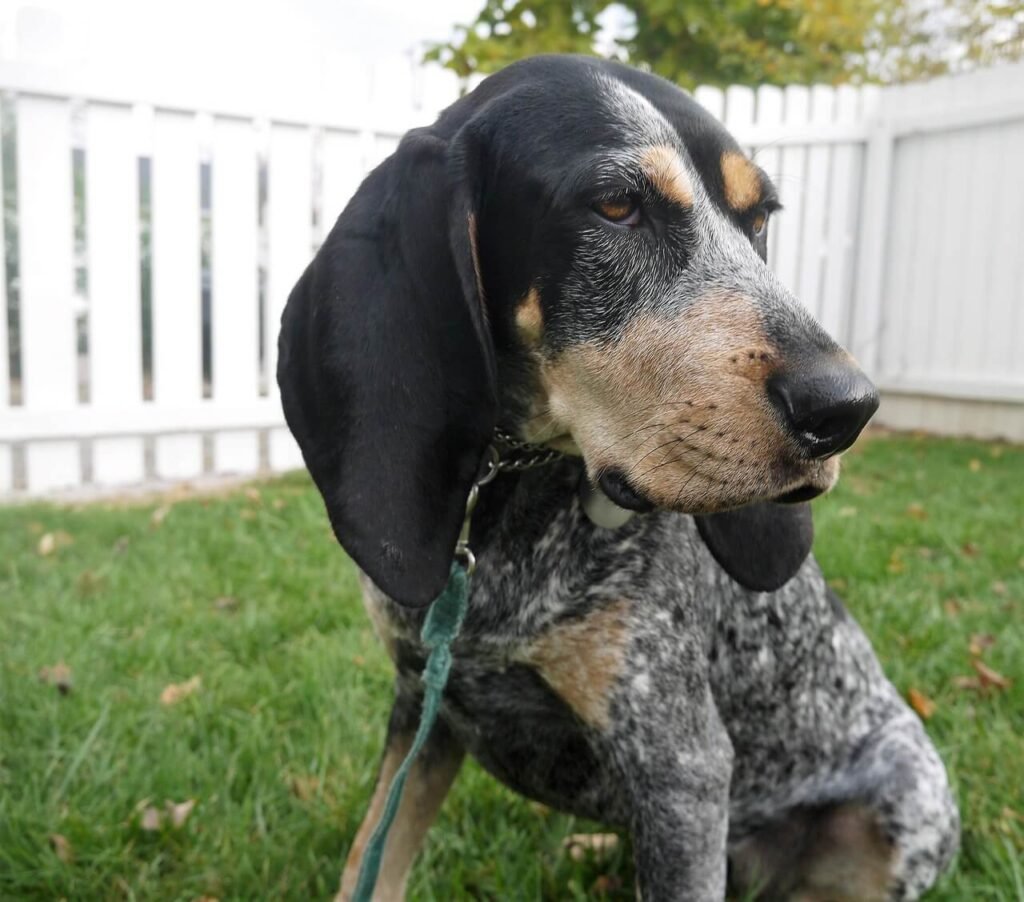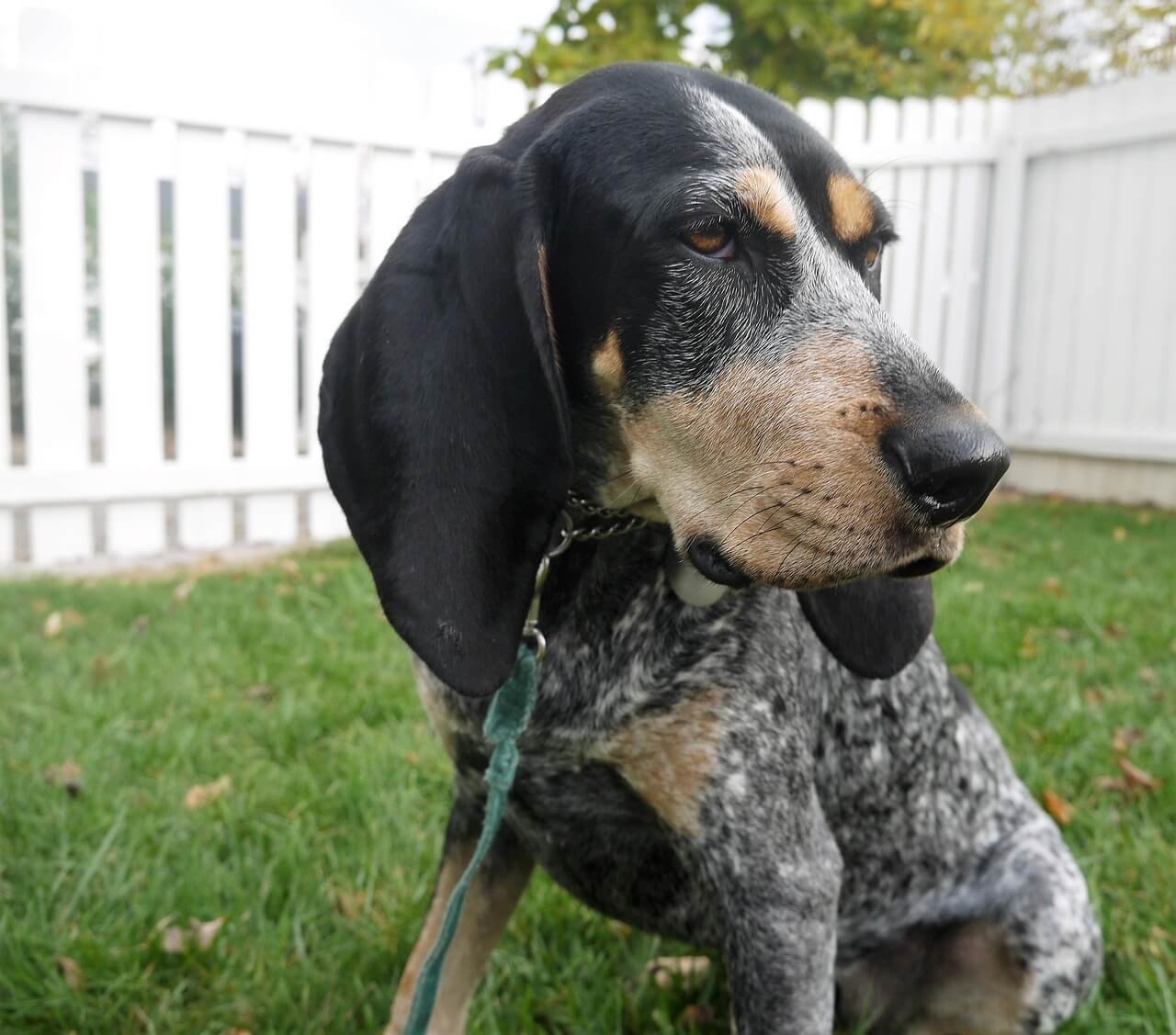Best Dog Food for Coonhounds: Nourishing Your Loyal Companion
Coonhounds are a breed like no other—hardworking, energetic, and fiercely loyal. Whether they’re tracking scents in the wilderness or lounging at home after a long day, these dogs require a diet that supports their active lifestyle and unique nutritional needs. Feeding your Coonhound the right food is essential to maintaining their health, energy levels, and overall happiness. But with so many options available on the market, how do you choose the best dog food for Coonhounds? In this blog post, we’ll explore everything you need to know about feeding your Coonhound, from key ingredients to portion control. By the end, you’ll have the tools to make an informed decision that keeps your furry friend thriving.
Key Nutritional Needs of Coonhounds
To ensure your Coonhound stays healthy and active, it’s important to understand their specific nutritional requirements. These dogs were bred for endurance and stamina, which means they need a balanced diet rich in protein, fats, and carbohydrates. Here’s a breakdown of the essential nutrients your Coonhound needs to thrive.
High-Quality Protein:
Protein is crucial for muscle development and repair, especially for active Coonhounds who spend hours running and hunting.Healthy Fats:
Fats provide a concentrated source of energy and support skin and coat health. Look for foods rich in omega-3 and omega-6 fatty acids.Complex Carbohydrates:
Carbs fuel your Coonhound’s energy reserves, helping them maintain stamina during long outdoor adventures.Vitamins and Minerals:
Essential vitamins like A, C, and E, along with minerals like calcium and phosphorus, support immune function and bone health.Hydration:
Coonhounds are prone to dehydration due to their high activity levels. Ensure their food has adequate moisture content or supplement with plenty of fresh water.
Meeting these nutritional needs will help your Coonhound stay strong, energetic, and ready for whatever the day brings. Remember, a well-balanced diet is the foundation of their overall health.
Top Ingredients to Look for in Coonhound Food
When choosing the best dog food for Coonhounds, reading the ingredient list is crucial. High-quality ingredients ensure your dog gets the nutrients they need without unnecessary fillers or additives. Here’s what to look for when evaluating dog food options.
Real Meat as the First Ingredient:
Whether it’s chicken, beef, lamb, or fish, real meat should be the primary ingredient to provide essential amino acids.Whole Grains or Grain-Free Options:
Whole grains like brown rice or oats offer fiber and energy, while grain-free formulas cater to dogs with sensitivities.Natural Preservatives:
Avoid artificial preservatives like BHA and BHT; instead, opt for natural alternatives like mixed tocopherols.Fruits and Vegetables:
Ingredients like sweet potatoes, blueberries, and spinach provide antioxidants and additional nutrients.Limited Fillers:
Avoid foods with excessive corn, soy, or by-products, as these can lead to digestive issues and nutrient deficiencies.
Choosing a dog food with these ingredients ensures your Coonhound receives the nourishment they need to thrive. Always prioritize quality over convenience when selecting their meals.
Check this guide 👉5 Best Grain-Free Dog Foods for Ultimate Health!
Check this guide 👉5 Best Gluten-Free Dog Foods for Ultimate Health Boost!
Check this guide 👉Top 4 Premium Beef Dog Food Options for Ultimate Nutrition!

Nutritional Component | Why It’s Important for Coonhounds |
|---|---|
Protein | Supports muscle growth and recovery |
Healthy Fats | Provides energy and promotes skin health |
Fiber | Aids digestion and prevents constipation |
Omega-3 Fatty Acids | Reduces inflammation and improves coat shine |
Calcium | Strengthens bones and teeth |
Common Mistakes to Avoid When Feeding Coonhounds
Even well-intentioned pet owners can make mistakes when feeding their Coonhounds. These errors can lead to nutritional imbalances, weight gain, or digestive problems. Here’s a list of common pitfalls to avoid.
Overfeeding:
Coonhounds have hearty appetites, but overfeeding can lead to obesity, which strains their joints and organs.Ignoring Portion Sizes:
Always follow the recommended serving sizes based on your dog’s age, weight, and activity level.Feeding Table Scraps:
Human food often contains harmful ingredients like onions, garlic, or excessive salt, which can upset your dog’s stomach.Skipping Regular Vet Check-Ups:
Your veterinarian can provide personalized dietary advice and monitor your Coonhound’s health.Switching Foods Too Quickly:
Sudden changes in diet can cause digestive upset. Gradually transition to new food over 7-10 days.
Avoiding these mistakes ensures your Coonhound enjoys a balanced diet that supports their long-term health. A little care goes a long way in keeping them happy and fit.
How to Transition Your Coonhound to a New Dog Food
Switching your Coonhound’s food requires patience and planning. A gradual transition minimizes digestive issues and helps your dog adjust to the new taste and texture. Follow these steps for a smooth switch.
Start with a Small Mix:
Combine 25% of the new food with 75% of the old food for the first two days.Increase the Ratio Gradually:
Over the next few days, increase the proportion of new food while decreasing the old food.Monitor for Digestive Issues:
Watch for signs of diarrhea, vomiting, or lethargy, which may indicate intolerance to the new food.Stay Consistent:
Stick to the same brand or formula once your Coonhound has fully transitioned to avoid confusion.Consult Your Vet:
If your Coonhound has special dietary needs, seek professional guidance before making any changes.
A careful transition ensures your Coonhound adapts well to their new diet without discomfort. Patience is key during this process.
Benefits of Homemade Dog Food for Coonhounds
Some Coonhound owners prefer preparing homemade meals to ensure their dogs receive fresh, wholesome ingredients. While this approach requires effort, it offers several benefits. Here’s why homemade food might be worth considering.
Control Over Ingredients:
You can tailor recipes to meet your Coonhound’s specific dietary needs and preferences.Avoidance of Preservatives:
Homemade meals eliminate artificial additives, reducing the risk of adverse reactions.Improved Digestion:
Fresh ingredients are often easier for dogs to digest compared to processed kibble.Customizable Portions:
You can adjust portion sizes to match your Coonhound’s activity level and metabolism.Bonding Experience:
Preparing meals for your dog strengthens the bond between you and your pet.
While homemade food has its advantages, it’s essential to consult a vet to ensure your recipes are nutritionally complete.
Signs Your Coonhound’s Diet Needs Adjustment
Sometimes, subtle signs indicate your Coonhound’s current diet isn’t meeting their needs. Recognizing these signals allows you to make timely adjustments.
Weight Changes:
Sudden weight gain or loss may signal an imbalance in calories or nutrients.Dull Coat:
A lackluster coat often points to insufficient fatty acids or poor-quality ingredients.Low Energy Levels:
If your Coonhound seems unusually lethargic, their food may lack essential nutrients.Digestive Issues:
Frequent diarrhea or constipation could indicate an intolerance or inadequate fiber content.Excessive Shedding:
Increased shedding may result from a deficiency in vitamins or proteins that support skin health.
Addressing these signs promptly ensures your Coonhound stays healthy and vibrant.
Seasonal Considerations for Feeding Coonhounds
Your Coonhound’s nutritional needs may vary depending on the season. Adjusting their diet accordingly helps them adapt to changing conditions.
Winter Nutrition:
Increase calorie intake slightly to help your Coonhound maintain body heat during colder months.Summer Hydration:
Ensure ample access to fresh water and consider wet food to prevent dehydration in hot weather.Hunting Season:
During peak activity periods, boost protein and fat levels to sustain their energy demands.Off-Season Rest:
Reduce portions slightly if your Coonhound is less active during the off-season to prevent weight gain.Allergies in Spring:
Be mindful of seasonal allergies, which may require dietary adjustments to reduce inflammation.
Adapting your Coonhound’s diet to the seasons ensures they remain comfortable and healthy year-round.
Frequently Asked Questions About Feeding Coonhounds
How much should I feed my Coonhound daily?
The amount depends on their age, weight, and activity level, but most adult Coonhounds require 3-4 cups of food per day, split into two meals.
Can Coonhounds eat grain-free food?
Yes, many Coonhounds thrive on grain-free diets, especially if they have allergies or sensitivities.
Are raw diets safe for Coonhounds?
Raw diets can be beneficial but require careful preparation to avoid bacterial contamination and nutritional imbalances.
What are the signs of food allergies in Coonhounds?
Symptoms include itching, red skin, ear infections, and digestive issues like vomiting or diarrhea.
How often should I feed my Coonhound?
Adult Coonhounds should be fed twice daily, while puppies may need three meals a day to support their growth.
Nourish Your Coonhound for a Happy, Healthy Life
Choosing the best dog food for Coonhounds is a responsibility that pays off in countless ways. From supporting their boundless energy to ensuring their long-term health, the right diet makes all the difference. By understanding their nutritional needs, avoiding common mistakes, and prioritizing high-quality ingredients, you can provide your Coonhound with the fuel they need to thrive. Remember, your dog’s health reflects the love and care you invest in their well-being. With the right food and attention, your Coonhound will continue to be the loyal, energetic companion you adore for years to come.
Cat Anaphylactic Shock Treatment Costs: Best 7 Expert Tips! – Learn about costs, treatments, and financial aid options to save your cat’s life.
Exocrine Pancreatic Insufficiency in Cats: Best 7 Tips! – Learn to spot symptoms, manage EPI effectively, and improve your cat’s quality of life with expert advice.
Cost of Dog Anaphylactic Shock Treatment: Best 7 Tips! – Learn about emergency costs, financial planning, and ways to manage expenses for your dog’s care.
Exocrine Pancreatic Insufficiency in Dogs: Best 7 Tips! – Learn to spot symptoms, manage EPI effectively, and improve your dog’s quality of life with expert guidance.





